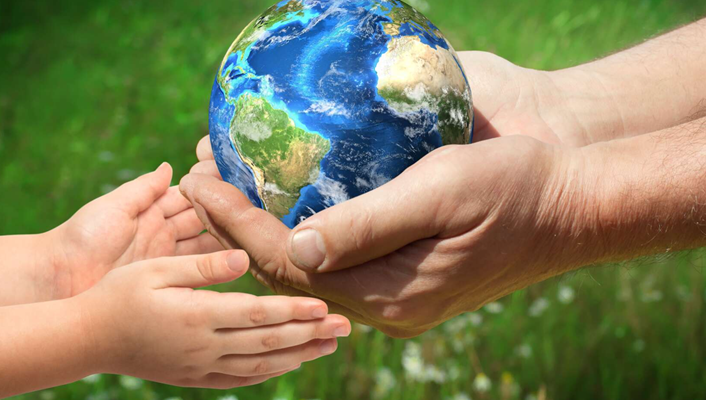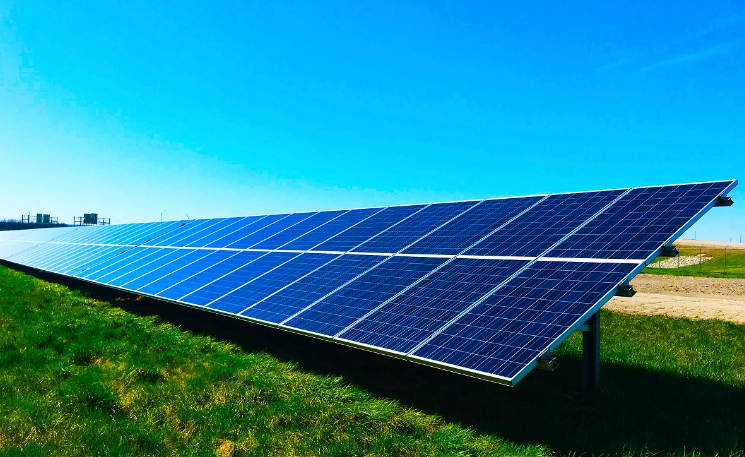Ollie Smith: Now, climate change and the environment are major parts of the Morningstar Investment Conference EU for 2022. Joining me now is Ivo Mulder. He is the Head of the United Nations Environment Programme's Climate Finance Unit.
Ivo, could I just begin by asking you, first and foremost, I mean, was it like working in a Climate Finance Unit at the moment? You must be very busy.
Ivo Mulder: Yeah. I think a 9 to 5 job, it certainly isn't. I think the United Nations Environment Programme is known for bringing governments together, it's known for setting up intergovernmental panels like climate change, for example. It has focused historically a bit less on the finance side, but that is, of course, coming from the center. And the amount of requests coming in for either helping us raise money, helping us deal with the risks and the opportunities that are coming is more than we can actually deal with. So, it is extremely busy, but it also means that the teams are growing and that the number of people who want to work for us to be part of the solution is also growing. So, it's a very privileged job, but at the same time, it's also very time-consuming and challenging at the same time.
Smith: Sure. And it's really beneficial to talk about these kinds of topics too much with hindsight. But we've seen several, what you might call, missed opportunities to get a grip on environmental issues and climate change, notably Netflix, for instance, has a documentary where it tracked the efforts of the oil industry to suppress information about the impact of oil on the environment as far back as the 1970s and 1980s. So, without being too gloomy, I wonder what your thought is on what the ideal moment would have been in the past to get on top of these issues.
Mulder: Yeah, as you're saying, Ollie, there have been plenty of moments in the past that were slightly less in the limelight. But I think it would have been good because they were less politicized than they are at the moment. There's one moment at end of the 80s when one of the earlier conference of the parties on climate change that took place in Netherlands, and they were very close to an agreement. But the U.S. government with George Bush, Sr. and the people in the White House were against a deal that were limiting basically the ability for oil and gas companies in the United States to keep on drilling for more oil and gas. But it was a missed opportunity, because if it would have been dealt with, then we would have had a much softer landing instead of the, I would say, two minutes before 12 that we're finding ourselves in right now.
Smith: It's very interesting for me to see someone like you come to at such an institutional event where there are big representatives from corporates. Do you feel as though your presentation has been received well? Have you had interesting conversations? Are people pleased to see you here?
Mulder: So far, yes. They haven't kicked me out yet. And I did hear from the moderator that there were more questions than he could field. So, I think, there's definitely a good interest in it. But at the same time, I think for a lot of institutional investors, they were also wondering and scratching their head like what does it mean for me? Like, even if I care about the environment, about climate, about nature and other topics, how should I deal with that? So, I do hope that it has at least inspired a few people to not go back to their desks in a business as usual, sort of like, let's forget about this, but sort of see how should I, as an institutional investor, deal with this in my own company.
Smith: Brilliant. And just finally, I mean, you touched in your presentation on perhaps some of the more personal impacts of climate change on our own lives. I want to ask you, how is climate change impacting your life in terms of maybe your fears or your lifestyle? What's the impact?
Mulder: I think there's a certain amount of climate anxiety. I have a young daughter – I'm 42 years old myself – a young daughter of three years old, and I would have her grow up in a world that will not see the kind of climate extremes that people are expecting and that to some extent we see. I do have solar panels on the house. We are energy neutral. I'm compensating my mission. So, as a family, we're carbon neutral. We have an electric car. I've basically stopped eating meat. So, as a family, we try to be part of the solution and really sort of live the life that I'm preaching as a professional working for the United Nations, and I do hope that that will inspire others too to follow suit. I think it is time to give back instead of just keep on taking.
Smith: Very, very impressive. Thank you very much. For more on the environment and impact investing, check out the content from Morningstar Investment Conference EU 2022 on any of our international sites. Until then, I've been Ollie Smith for Morningstar.








:quality(80)/cloudfront-us-east-1.images.arcpublishing.com/morningstar/6BCTH5O2DVGYHBA4UDPCFNXA7M.png)












